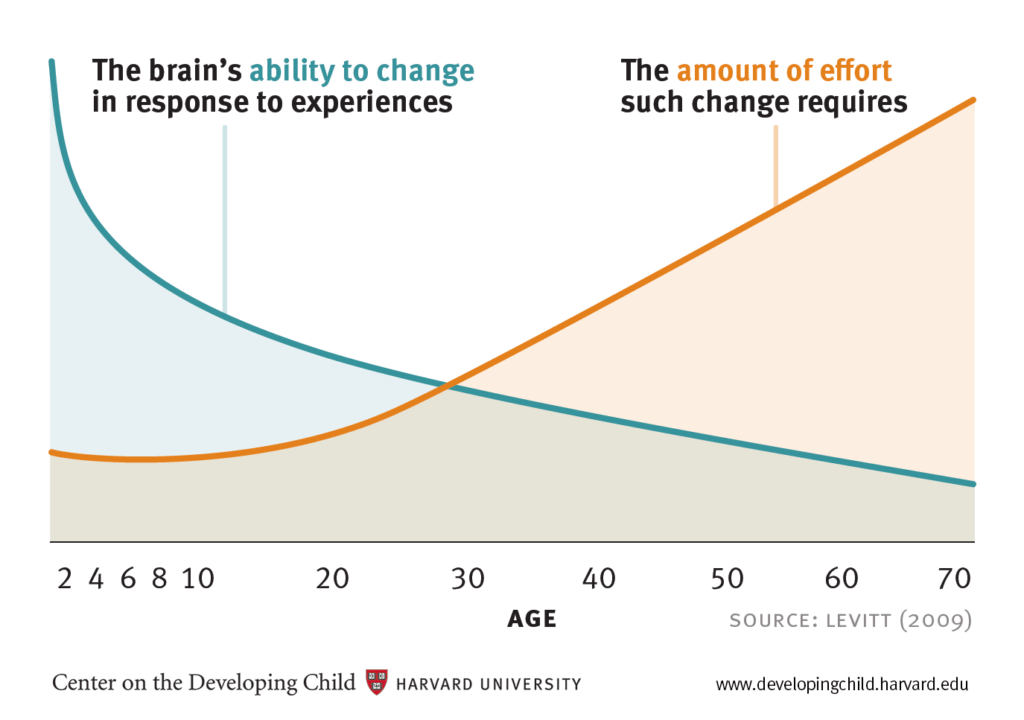Counsellors often talk about focussing on the “here and now”. But what does that mean, and why is it important to live right here, right now?
John Lennon wrote “life is what happens to you while you’re
making other plans”. Put simply, the here and now is where all of life actually
takes place. The past has already happened. The future doesn’t yet exist. Instead,
everything we do, everything we experience, every choice we make takes place right
here, right now. Therefore, counsellors aim to focus their attention on what is
being experienced in the room itself.
Does this mean the
past is irrelevant?
While life does take place in the here and now, how we experience
that can be impacted by our past. And there’s even a scientific explanation for
why this is.
Neuroscience reveals a complex web of billions of pathways between neurons governing our thoughts, feelings and behaviour. During the first few years of childhood around one million new neural connections are formed every second, based on our interaction with the world. The more experiences are repeated, the more fixed those neural connections become. The chart below from Harvard shows how adaptable we are when very young, and how those pathways become more fixed as we get older.

You lost me at “neuroscience”
Luckily, for those of us who aren’t scientists, there are more user-friendly ways of viewing this process. One I find particularly helpful comes from Eric Berne’s Transactional Analysis, and in particular the idea of life scripts.
Scripts? As in for a
movie or a play?
That’s right. As children we need to figure out how the
world works, and how we need to live in order to be safe and get our needs met.
We make constant decisions about how best to think, feel and behave, and gradually
those decisions form into the equivalent of a script that becomes more and more
fixed. Instead of having to reinvent the wheel every time we encounter a new
situation, we tend to fall back on our script and simply deliver the lines, or
perform the way we’ve already settled on. Just like actors in a play.
I don't remember writing any script
The crucial part is as we get older we forget how and why we wrote the script the way we did, and even that we’re following a script at all. It feels like we’re making fresh decisions each time. That script made perfect sense as children. It allowed us to adapt in the best way possible to the world we grew up in. The problem is it was written by a child, with a child’s understanding of how the world works, and may not be helpful to us as adults.
What do scripts have
to do with the here and now?
The good news about scripts, is that it is possible to rewrite
them. The first step is to become aware of them. And that’s where working in
the here and now becomes so important.
Perhaps a client describes something sad while laughing. It
might then be worth checking if the client has actually experienced it as
funny. If not, it could be a sign of the past impacting on the present. There
are all kinds of good reasons why it might have made sense not to express
sadness when little. But given the important role emotions were designed to play
(I wrote about this here) that decision may or may not be helpful now. At least
with greater awareness the client can choose whether that’s something they want
to explore further.
What about the future?
Isn’t that important?
Absolutely. Moving out of our scripts, and more into experiencing
life in the here and now, doesn’t mean ignoring the future. The hope is we will
continue experiencing life this way for many, many years to come. Which means
it needs to be sustainable, so planning for the future is absolutely important.
But a bit like with the past, it’s important that planning for, or worrying
about, the future isn’t instead of experiencing the present. It can be a
difficult balance to get right, taking sensible precautions to protect the
future, while still enjoying the present. And outside factors do come into
play, such as the state of the economy, family commitments, illness etc. But it
can be worth exploring where choices may still be available.
Living in the here
and now sounds complicated
It’s true there is a lot to think about, and this is just the tip of the iceberg. There have been many books written on the subject. One I found particularly helpful was Daniel Stern’s The Present Moment in Psychotherapy and Everyday Life.
But at its heart, is a very simple concept. Life takes place
right here, right now. Even pausing now and then to take a deep breath and to have
a proper look around can make a real difference. It’s a chance, even for a few
moments, to experience life not based on what has happened in the past, or what
may happen in the future, but on what is happening right now. In other words, it’s
about making time to “stop and smell the roses” as the saying goes.
Comments are closed.